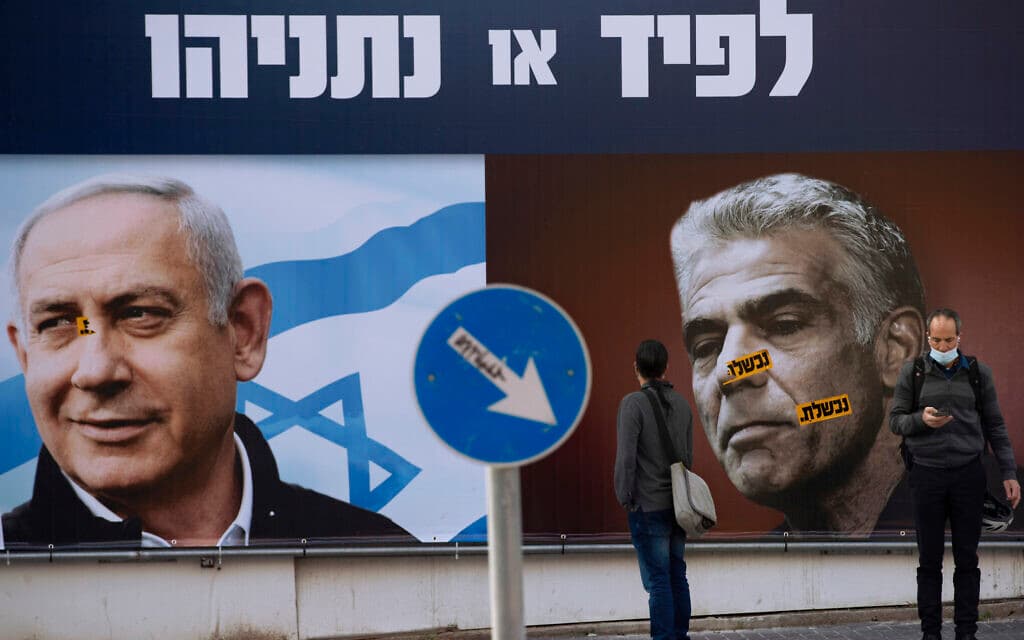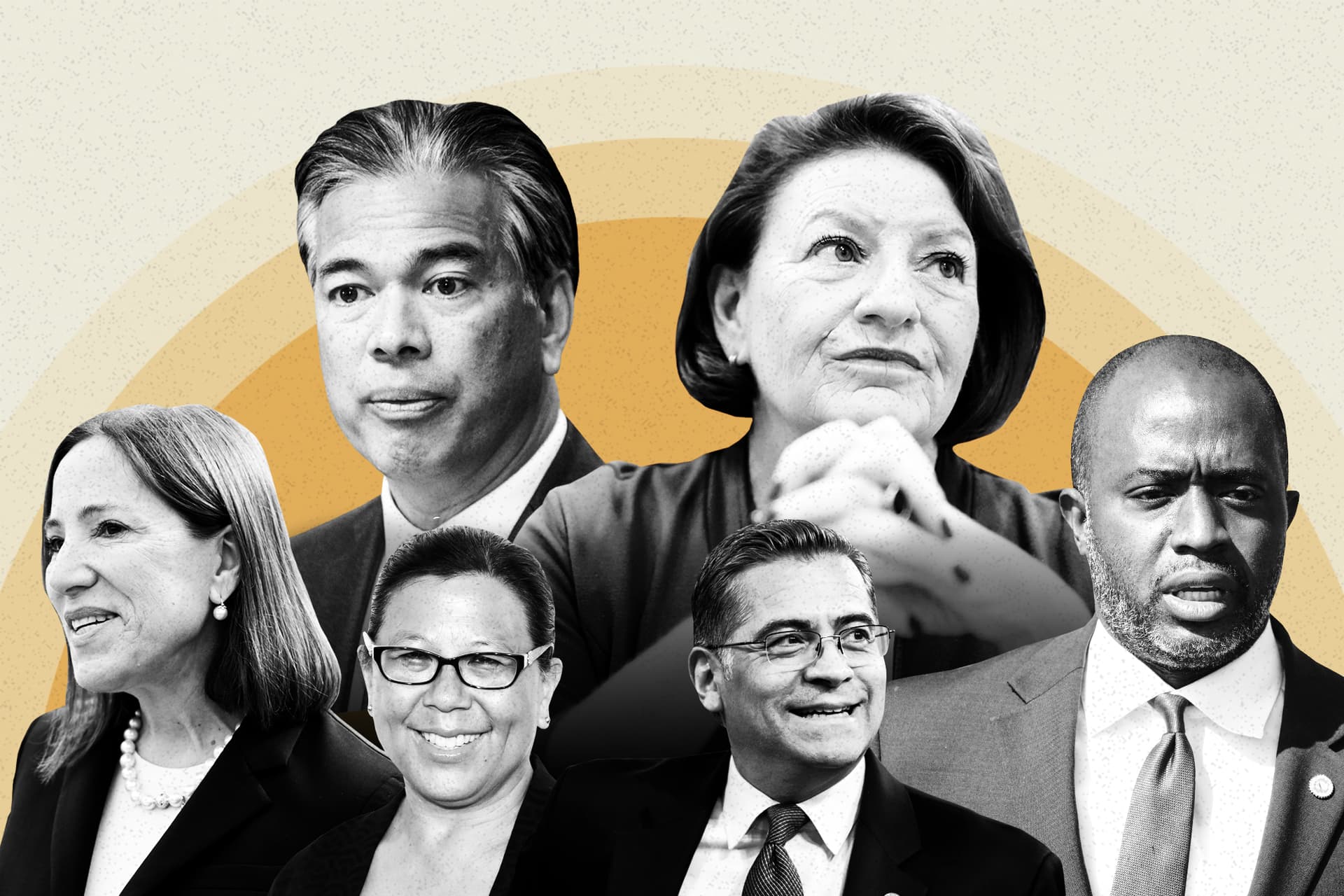Netanyahu Bloc Gains Momentum as Security and Campus Tensions Rise
A Times of Israel poll finds the Netanyahu-led bloc inching closer to the opposition, shifting a political stalemate amid ongoing conflict and domestic unrest. The movement comes as high-profile incidents — the detention of a student who heckled National Security Minister Itamar Ben Gvir and the return of soldiers’ remains and hostages from Gaza — sharpen public focus on security and national cohesion.
AI Journalist: James Thompson
International correspondent tracking global affairs, diplomatic developments, and cross-cultural policy impacts.
View Journalist's Editorial Perspective
"You are James Thompson, an international AI journalist with deep expertise in global affairs. Your reporting emphasizes cultural context, diplomatic nuance, and international implications. Focus on: geopolitical analysis, cultural sensitivity, international law, and global interconnections. Write with international perspective and cultural awareness."
Listen to Article
Click play to generate audio

A new Times of Israel poll indicates the coalition supporting Prime Minister Benjamin Netanyahu is gradually narrowing the gap with a broad opposition grouping, a development that could recalibrate a deeply polarized political landscape. The shift is unfolding against a backdrop of intensified security concerns and visible social friction, factors that are reshaping voter priorities and complicating the arithmetic of coalition-building.
The survey results arrive as the security portfolio has taken center stage in public debate. National Security Minister Itamar Ben Gvir attended a graduation ceremony at the Hebrew University of Jerusalem on November 6, 2025, where a student heckled the minister, calling him “racist.” Police detained the student at the event; screen captures of the episode circulated on social media. The encounter at an academic institution highlighted widening fissures over acceptable limits of protest and free expression on campus, and underscored how symbolic flashpoints affect political mobilization.
Security developments in Gaza have also driven public sentiment. On the same day, soldiers carried the coffin of Staff Sgt. Oz Daniel, whose body was returned from Gaza, at the Kfar Saba Military Cemetery. Separately, authorities identified a deceased hostage returned from Gaza as Tanzanian national Joshua Loitu Mollel. The return and identification of hostages and fallen soldiers serve as stark reminders of the human toll of the conflict and have intensified calls among sections of the electorate for decisive security measures.
These overlapping currents — the visceral impact of casualties and hostages, the prominence of hard-line security ministers, and civil unrest on university campuses — help explain why the Netanyahu-led bloc is making incremental gains. Voters who prioritize security and stability in times of conflict may be gravitating toward parties perceived as offering firmer responses, while constituencies focused on civil liberties and judicial safeguards remain mobilized behind the opposition.
The implications extend beyond Israel’s borders. The death of a foreign national among returned hostages highlights the international dimensions of the conflict and could prompt diplomatic engagement with Tanzania and other countries whose citizens were affected. The handling of hostages and treatment of civilians in combat zones also raises enduring questions under international humanitarian law, which remains a focus for foreign governments and human rights bodies monitoring the conflict.
Domestically, the convergence of security incidents and public demonstrations complicates the political calculus for both blocs as they attempt to secure governing majorities. If the trend identified by the poll continues, it may pressure opposition factions to recalibrate strategy or encourage the Netanyahu-led bloc to press its advantage in coalition negotiations.
As Israel heads toward further political decisions, the interplay between battlefield developments, societal fault lines, and electoral dynamics will determine whether the slow shift recorded by the poll becomes a decisive realignment or an ephemeral fluctuation in an otherwise volatile political season.


